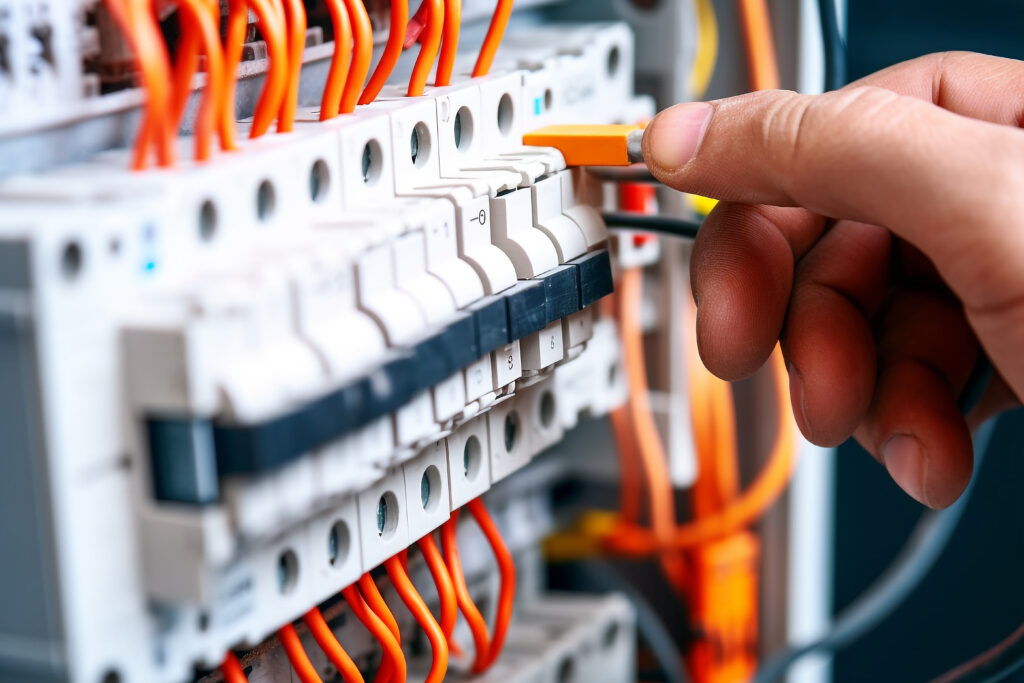Proper installation and maintenance of air conditioning units are essential to ensure efficient operation and longevity. One of the often-overlooked aspects of AC unit installation is whether the unit sits level. This article will explore the importance of having a level AC unit, what can happen if it’s not, and how to address any leveling issues.
Why It’s Important for AC Units to Be Level

Efficient Operation and Longevity
Air conditioning units are designed to function optimally when they are level. An uneven AC unit can lead to various operational issues that may compromise its efficiency and lifespan. The primary reasons why a level AC unit is crucial include:
- Proper Refrigerant Flow: The refrigerant must flow through the coils evenly for the AC system to cool effectively. An unlevel unit can disrupt this flow, causing the system to work harder and less efficiently.
- Compressor Longevity: The compressor is a vital component of the AC unit. If the unit is not level, the oil within the compressor may not distribute evenly, leading to increased wear and tear and a higher likelihood of failure .
- Vibration and Noise Reduction: A level unit reduces vibrations and noise. Uneven surfaces can cause the unit to vibrate excessively, leading to noise and potential damage over time .
Condensate Drainage
Another critical reason for keeping an AC unit level is proper condensate drainage. If the unit is tilted, condensate water may pool in unwanted areas, leading to rust and potential water damage to surrounding structures .
What Happens if the Air Conditioner is Not Level?
When an air conditioner is not level, several issues may arise, affecting both the unit’s performance and its components:
- Reduced Cooling Efficiency: An unlevel AC unit can lead to uneven cooling in the home. The refrigerant may not circulate properly, causing some areas to be cooler than others .
- Compressor Damage: As previously mentioned, the compressor relies on even oil distribution. An uneven unit can lead to inadequate lubrication, increasing the risk of compressor burnout .
- Increased Noise and Vibration: Excessive vibrations from an uneven unit can lead to noise disturbances and potential damage to internal components. Over time, these vibrations may loosen parts and connections, leading to more significant issues .
- Water Damage: Improper drainage of condensate water can cause rust and damage to the AC unit and surrounding structures. This can lead to costly repairs and potential structural damage to your home .
Does an AC Pad Need to Be Level?
The pad on which the AC unit sits plays a critical role in maintaining its level position. An AC pad provides a stable, level surface for the unit and protects it from ground moisture and pests.
Importance of a Level AC Pad
- Stability: A level pad ensures the AC unit remains stable, reducing the risk of tipping or shifting over time .
- Protection from Elements: By elevating the unit off the ground, the pad helps protect it from moisture and pest intrusion .
- Noise Reduction: A level pad minimizes vibrations, reducing noise and wear on the unit .
Common Issues with AC Pads
Over time, AC pads may shift or sink due to soil erosion, tree roots, or other environmental factors. This can cause the unit to become uneven, necessitating maintenance or replacement of the pad .
How to Fix an Uneven Air Conditioner

If you discover that your AC unit is not level, it’s essential to address the issue promptly to prevent further damage. Here are some steps you can take to level your AC unit:
1. Assess the Situation
Before attempting any repairs, assess the situation to determine the extent of the issue. Check for visible tilting and any signs of damage to the pad or unit .
2. Use a Leveling Tool
Use a spirit level to determine the degree of the tilt. Place the level on top of the unit and check both front-to-back and side-to-side orientations .
3. Adjust the AC Pad
- Shimming: If the pad has slightly shifted, you can use shims to level the unit. Insert the shims under the pad until the unit is level .
- Pad Replacement: If the pad is severely damaged or sunken, consider replacing it entirely. This involves lifting the unit and installing a new, level pad .
4. Professional Assistance
For significant leveling issues or if you’re unsure how to proceed, it’s best to contact a professional HVAC technician. They can provide expert guidance and ensure the unit is properly leveled and secured .
Conclusion
Ensuring that your AC unit is level is a critical aspect of maintaining its efficiency and longevity. A level unit ensures proper refrigerant flow, reduces noise and vibrations, and prevents water damage. Regularly inspect your AC unit and pad for any signs of tilting, and address any issues promptly. By keeping your AC unit level, you can ensure optimal performance and avoid costly repairs .


